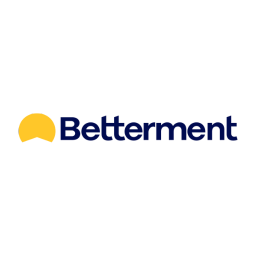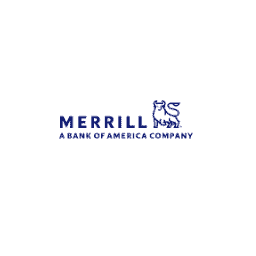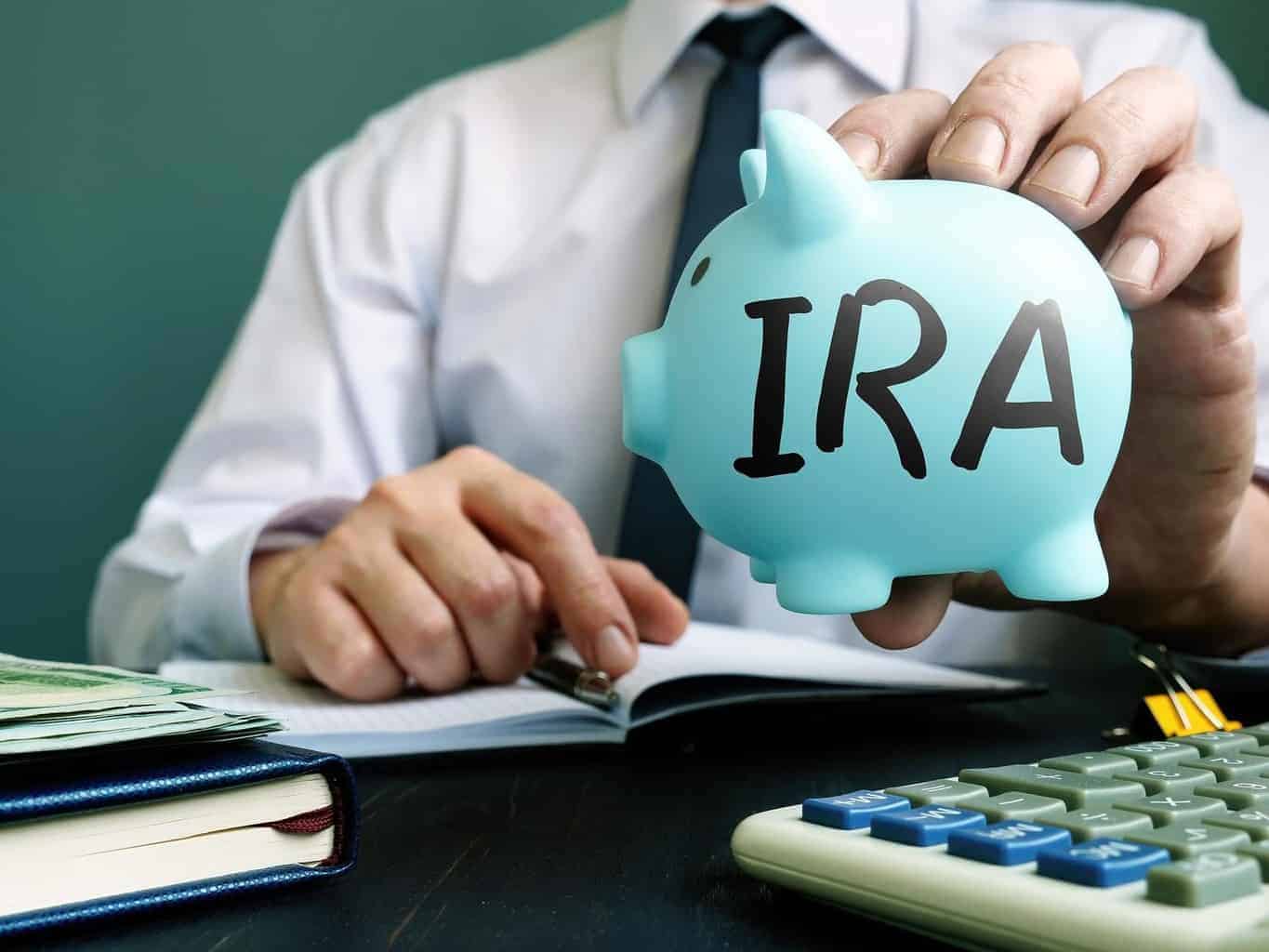Roth IRA Accounts are one of the most popular investment vehicles for individuals who are looking to save for retirement. In this article, you will learn what IRAs are, how they work, and what the best traditional and Roth IRAs are.
What Are IRAs?
Individual retirement accounts (IRAs) enable individuals to invest a certain amount of money each year in a tax-efficient manner. The idea behind IRAs is to allow individuals to save for retirement on either a tax-deferred or tax-free growth basis.
If you invest in an IRA, you will benefit from paying less tax on your investment earnings, which, in turn, will boost your overall investment returns.
The two most common types of IRA accounts are Traditional IRAs and Roth IRAs. Other IRAs include Rollover IRAs, SEP IRAs, Self-directed IRAs, Spousal IRAs, nondeductible IRAs, and SIMPLE IRAs.
Since IRA investments are meant to be held for retirement, early withdrawal penalties apply should you decide to cash out your IRA investment before the age of 59.5. In that case, the IRS charges you an additional 10 percent tax penalty on top of including your investment earning in your gross income for taxation purposes.
It is important to note, however, that in certain circumstances, the early withdrawal penalty may not apply. An example of that would be using your IRA withdrawal to pay for medical insurance premium after a job loss.
Moreover, maximum annual contributions and income limits for IRAs tend to change on an annual basis, so it is important to keep an eye on that.
What to Look for When Choosing An IRA
If you have made the decision to start saving towards your retirement using an IRA, you are probably wondering which one is right for you.
When it comes to choosing an IRA, there are two things to focus on: the type of IRA and the IRA provider.
The first step will be to decide whether you want to invest in a traditional IRA, a Roth IRA, or one of the lesser common IRA vehicles. This choice will depend on your eligibility, financial situation, and tax status.
The next step is to find an IRA provider that suits your investment style. Do you prefer a hands-off IRA that is managed by your provider, do you prefer to actively manage your IRA portfolio, or do you want a broad range of investable assets you can choose from.
To help you choose an IRA, we will explain the difference between the two most popular IRAs and provide you with a list of the best IRA accounts available today.
What’s the Difference Between Traditional and Roth IRA Accounts?
If you are opening an IRA account, you will most likely choose between a Traditional IRA or a Roth IRA. So let’s compare these two in more detail to help you choose which one is right for you.
Traditional IRA
A traditional IRA enables you to invest on a tax-deferred basis. You only have to pay taxes on your investment earnings once you withdraw them at the tax rate you are at the time of withdrawal. Therefore, if you are currently in a high tax bracket and you believe you will be in a lower tax bracket at the time of your retirement, you may want to opt for a traditional IRA.
Key features:
- A tax break of up to $6,000, plus an extra $1,000 catch-up contribution if you are age 50+
- Investment income is taxed at withdrawal
- Required minimum distributions after the age of 72. The minimum amount is calculated by the IRS and computed by dividing the amount in your Traditional IRA by life expectancy factor.
Roth IRA
A Roth IRA lets you save for retirement without an upfront tax break in exchanges for tax-free investment income at the point of withdrawal. If you think you will be taking funds out of your IRA ahead of retirement, Roth IRAs enable you to withdraw a certain amount tax-free each year.
Key features:
- No up-front tax deductions when putting money in a Roth IRA
- You can make $6,000 worth of after-tax contributions per annum, plus an extra $1,000 if you are 50+
- Tax-free investment earnings and withdrawals after the age of 59.5 (if you have had your Roth IRA for over five years)
- No required minimum distributions (RMD)
So, Which One is Better?
Should you go for a traditional IRA or place your funds into a Roth IRA? The answer is it depends.
Your financial situation, income bracket, and investment needs will determine which type of IRA is most suitable. Ultimately, the decision on which one to choose will be up to you.
Best IRA Accounts
Below, you will find a list of the best IRA providers rated and ranked using a range of different metrics, including fees, minimum deposit amount, Trustpilot rating, and more.
| IRA Providers | App Store Rating | Trustpilot Rating |
|---|---|---|
| Charles Schwab | 4.8 | 3.8 |
| SoFi | 4.8 | 3.8 |
| Merrill Edge | 4.7 | 3.3 |
| Betterment | 4.8 | 3.7 |
| E*Trade | 4.6 | 2.7 |
| Vanguard | 4.7 | 2.8 |
Best Traditional IRA Accounts
Traditional IRAs are the most popular individual retirement accounts, according to the Investment Company Institute. Most Americans opt for a traditional IRA as part of their retirement planning.
Now, let’s look at some of the best traditional IRAs for different types of investors.
Best Traditional IRA for Beginners
If you are new to investing, but want to start dedicating funds towards your retirement, the simple and easiest way to get started is arguably using a hands-off approach to investing using a robo-advisor such as Betterment.
Betterment Traditional IRA
Betterment enables individuals to invest in a diversified, low-cost ETF portfolio in a fully-automated hands-off manner. For first-time investors, this provides an excellent avenue for retirement planning without requiring advanced investment knowledge or experience.

Key features:
- Very beginner-friendly
- Hands-off, automated ETF investing
- Tax-loss harvesting
- Automatic portfolio rebalancing
Best Traditional IRA for Active Investors
If you prefer a hands-on approach to investing and are experienced enough to manage your own retirement portfolio, you are probably better off choosing an online brokerage, such as Charles Schwab, as your IRA provider.
Charles Schwab Traditional IRA
Charles Schwab offers a range of IRA options, including a Traditional IRA that comes with no minimum investment requirement and zero fees on trades. If you are an active investor who prefers to take ownership of asset allocation, Charles Schwab IRAs may be for you.

Key features:
- No investment minimum
- Zero-fee trades
- 24/7 personal guidance
Best Roth IRA Accounts
After traditional IRAs, Roth IRAs are the second most popular individual retirement account. While Roth IRAs do not offer the immediate tax-benefit that traditional IRAs do, they enable you to cash out your investments tax-free when you retire.
Best Roth IRA for Beginners
If you are new to investing but you want to start saving towards your retirement with minimal personal involvement, you could open a Roth IRA at the online money management service, SoFi.
SoFi Roth IRA
SoFi is a popular digital wealth and money management platform that offers individuals a wide range of financial products, including SoFi-managed Roth IRAs.

Key features:
- Zero-fee active and automated investing
- Investable assets include stocks, bonds, and ETFs
- Financial advisors available
- Automatic rebalancing
Best Roth IRAs for Active Investors
For investors who prefer a hands-on approach to their retirement planning, online brokerages that also provide IRAs are arguably the best option. Merrill Edge would be a great example.
Merril Edge
Merrill Edge is a leading online brokerage services provider that also offers retirement investment solutions, including Roth IRAs. Merrill Edge’s IRAs stand out for having an exceptionally wide range of investment products combined with zero trading fees, making it an excellent IRA provider for experienced investors.

Key features:
- Zero-fee trades
- No investment minimum
- Wide range of investable assets including stocks, bonds, ETFs and mutual funds
Can You Invest in an IRA If You Already Have a 401(K)?
If you already have a 401(k), you may be wondering whether you can also invest in an IRA. The answer is yes.
If you are fortunate enough to have an employer that has set up a 401(k) for you and matches some or all the money you contribute, you are already on track with your retirement plan. But – depending on your eligibility – you may also benefit from investing in a traditional or Roth IRA.
For example, 401(k)s tend to be quite limited in terms of investable assets. Conversely, IRAs usually provide a wide range of investment opportunities. Therefore, if you want to broaden your retirement portfolio, you probably want to invest in an IRA in addition to having a 401(k).
Moreover, you may benefit from additional tax breaks for your retirement fund, provided your tax situation allows for it.
What’s Next?
Investing for your retirement is always a smart move. Regardless of whether you are in your 20s or pushing 60, starting retirement planning by investing in an IRA is almost always a good choice. But keep in mind that not all IRAs are the same. Take the time to choose which one is right for your financial situation and tax status and provides the investment opportunities you are looking for.
Now that you know what IRAs are and how they work, you can get started with your retirement planning by signing up for one of the listed IRA providers.







